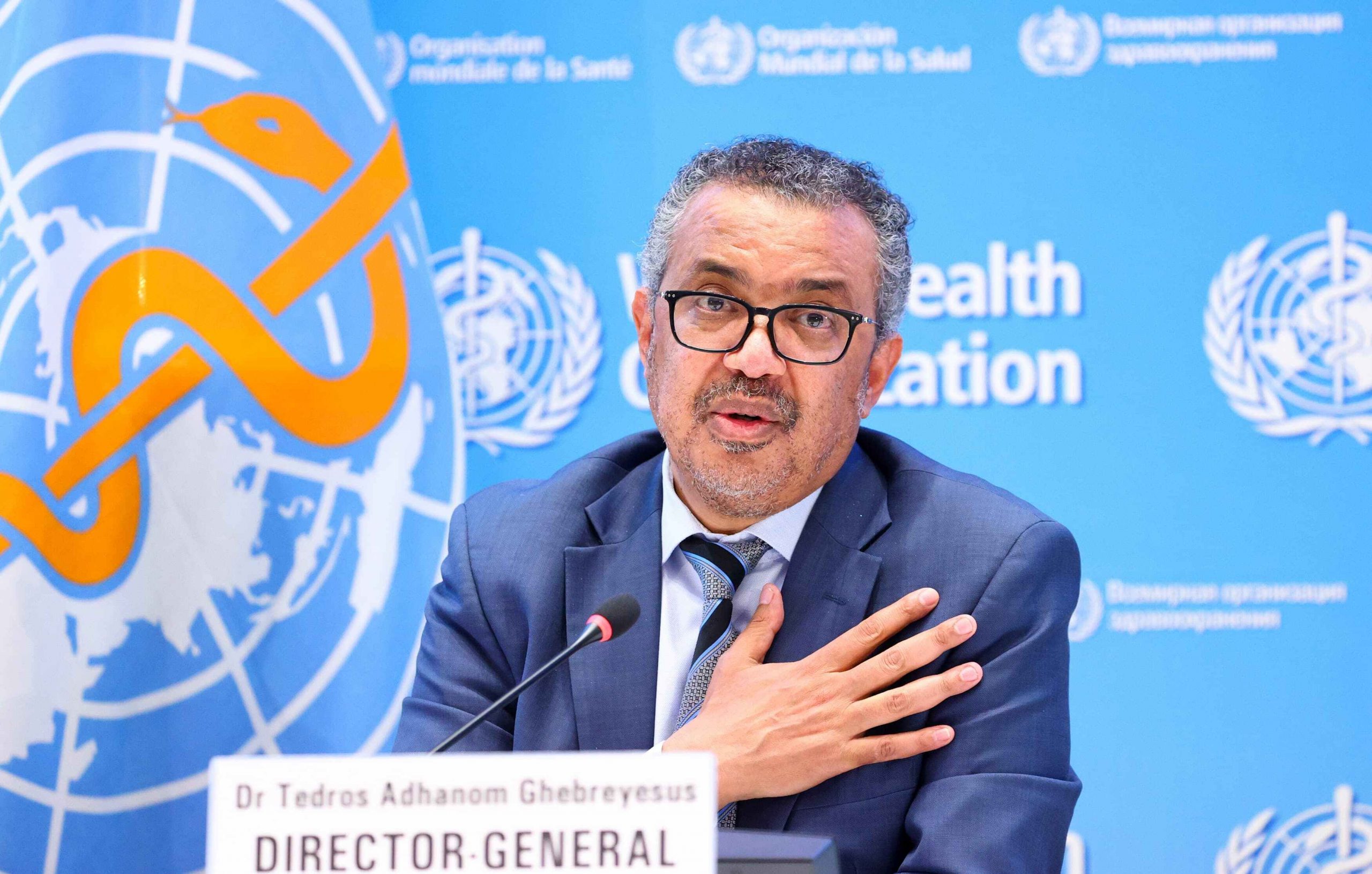WHO says $16 million released to tackle cholera
The World Health Organisation (WHO) has released $16 million from the WHO Contingency Fund for Emergencies to tackle cholera.
Tedros Ghebreyesus, WHO director-general, said this during an online news conference.
Mr Ghebreyesus said WHO was providing essential supplies, coordinating the on-the-ground response with partners, supporting countries to detect, prevent and treat cholera, and informing people how to protect themselves.
“To support this work, we have appealed for $160 million, and we have released more than 16 million dollars from the WHO Contingency Fund for Emergencies,” stated the WHO chief.
He added, “But the real solution to cholera lies in ensuring everyone has access to safe water and sanitation, which is an internationally recognised human right.”
According to Mr Ghebreyesus, in the previous week, WHO published new data showing that cases reported in 2022 were more than double those in 2021. He said the preliminary data for 2023 suggested it would likely be even worse.
“So far, 28 countries have reported cases in 2023 compared with 16 during the same period in 2022. The countries with the most concerning outbreaks right now are Ethiopia, Haiti, Iraq and Sudan. Significant progress has been made in countries in Southern Africa, including Malawi, Mozambique and Zimbabwe, but these countries remain at risk as the rainy season approaches,” Mr Ghebreyesus explained.
Also Read: Nigeria Missing as WHO List African Countries to Get Malaria Vaccine
The WHO boss explained that the worst affected countries and communities have poor access to safe drinking water or toilets. He said that they also face shortages of oral cholera vaccine and other supplies and overstretched health workers dealing with multiple disease outbreaks and other health emergencies.
(NAN)













